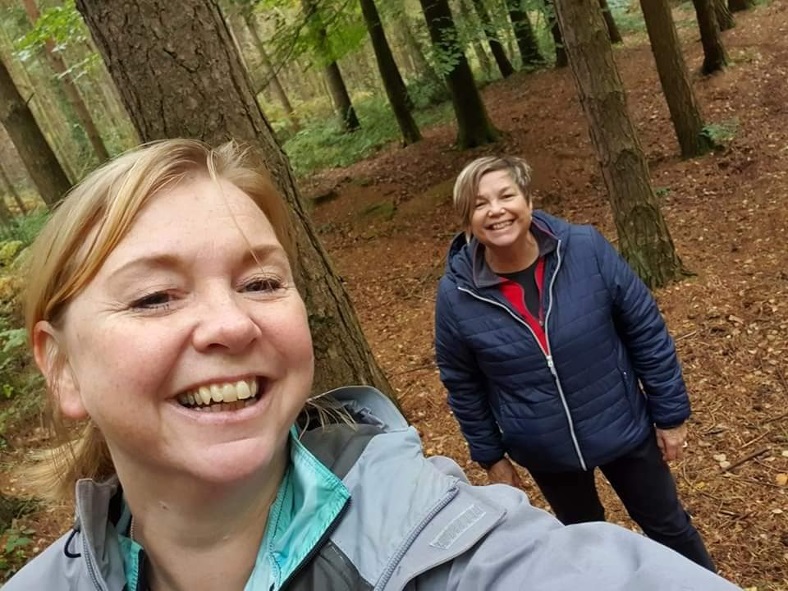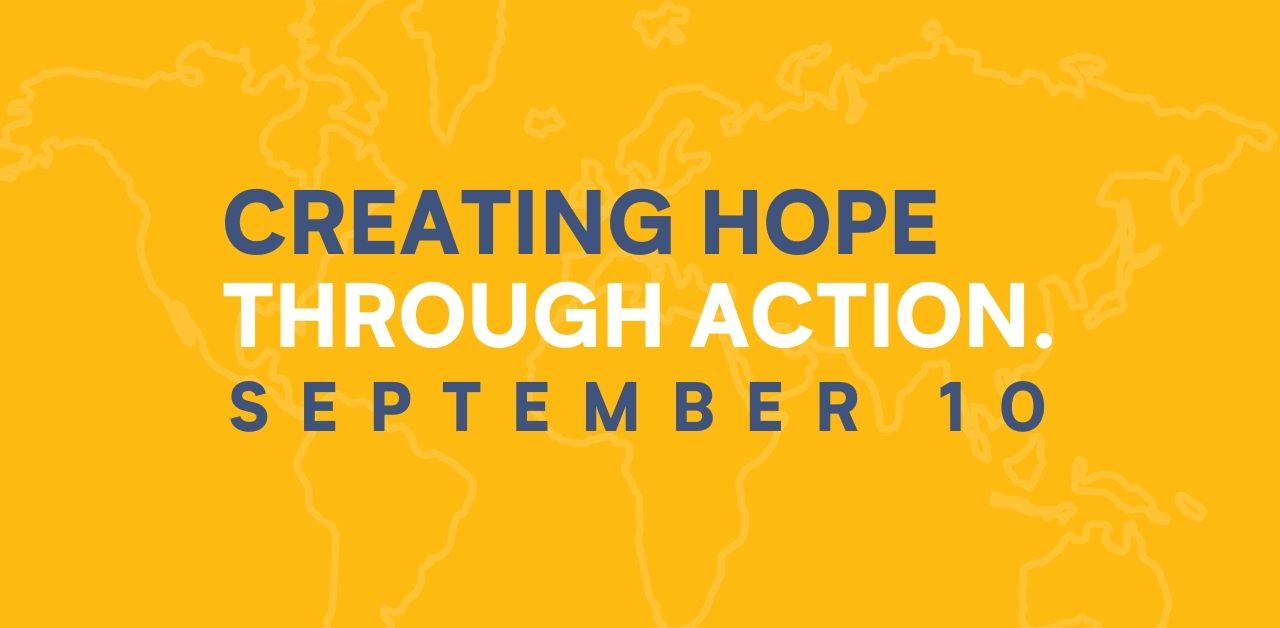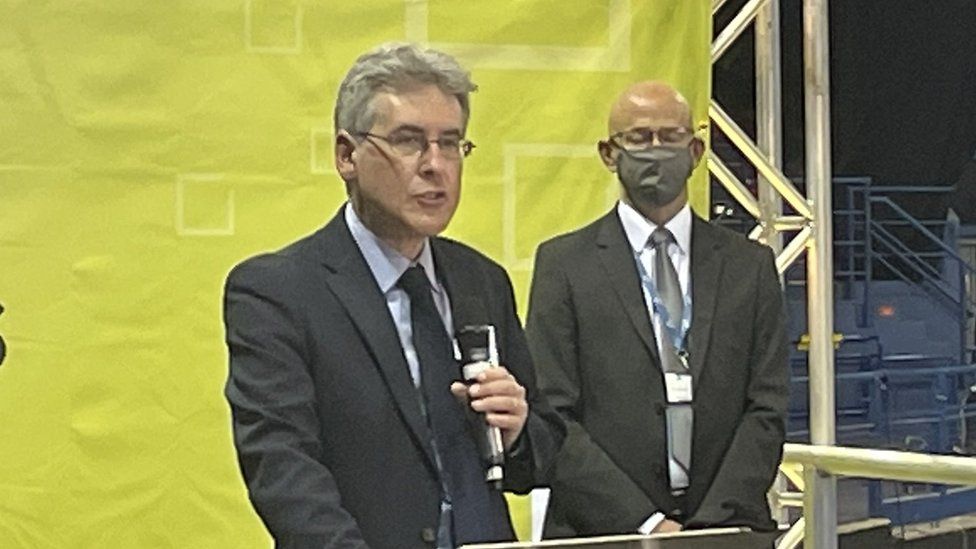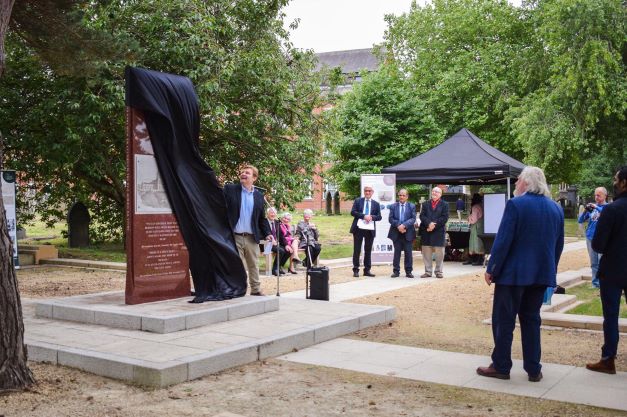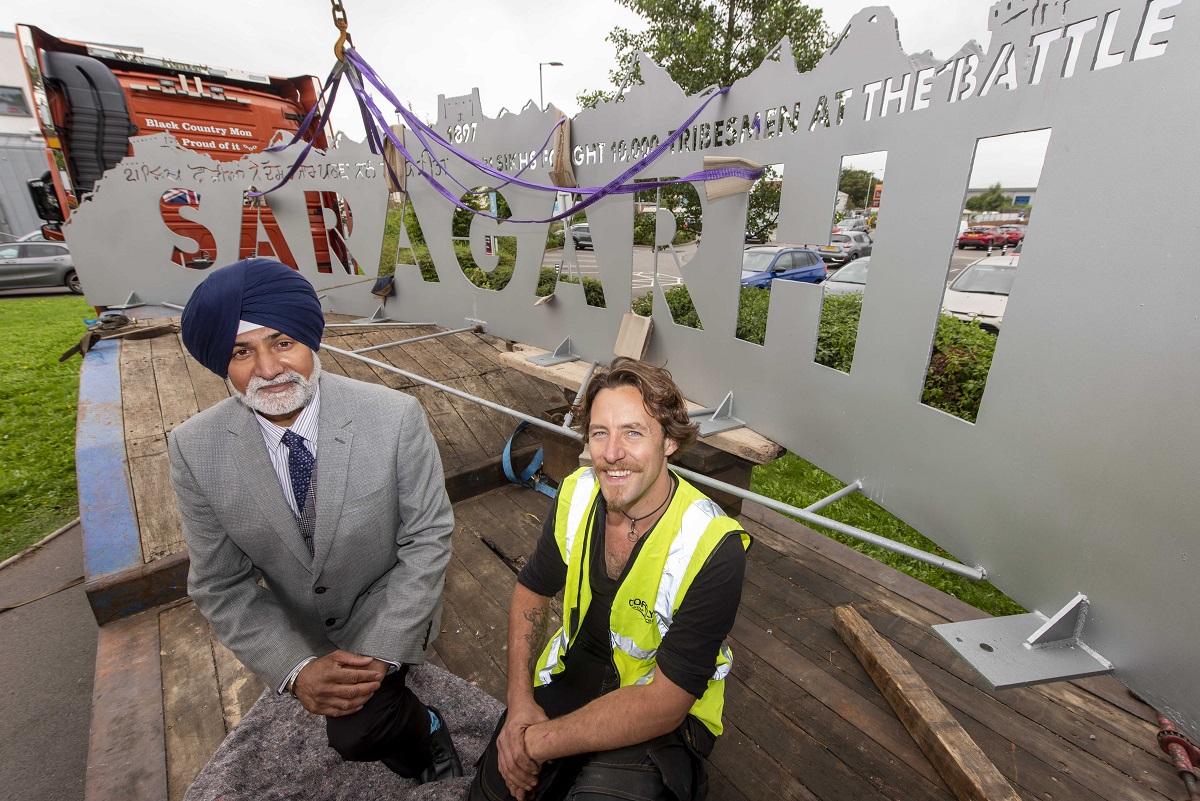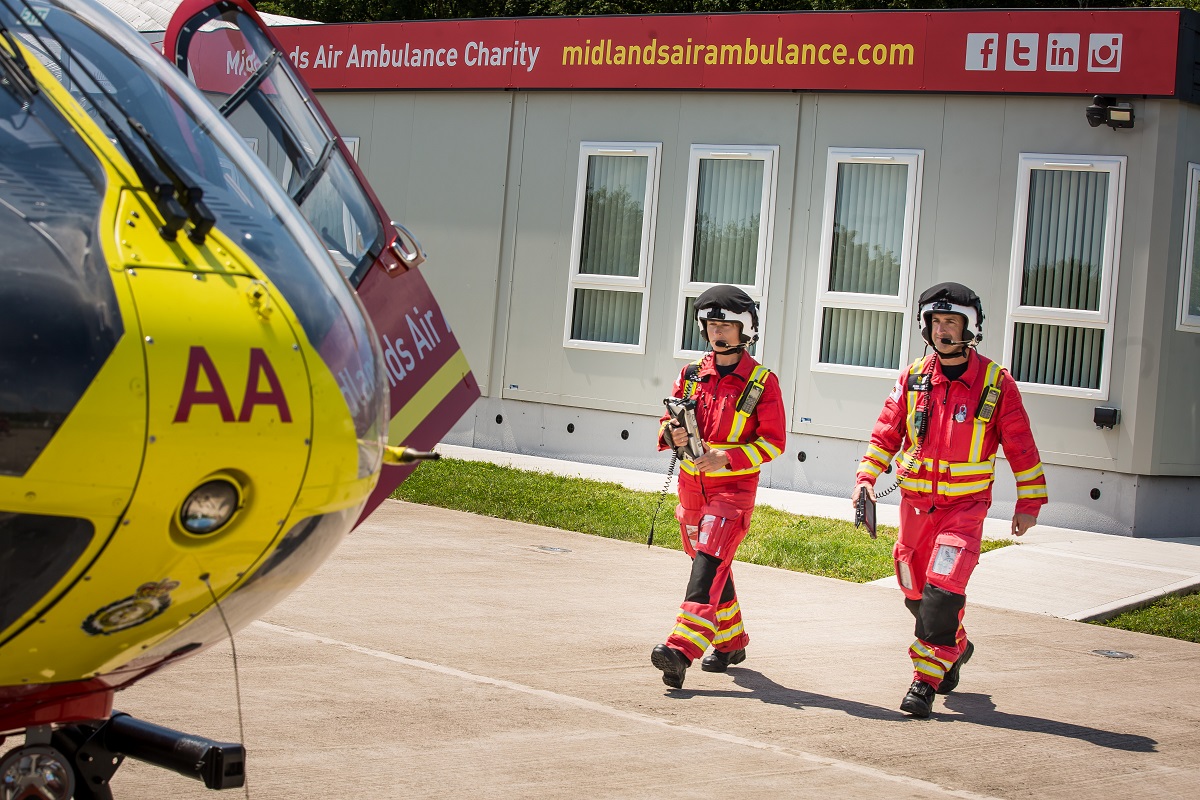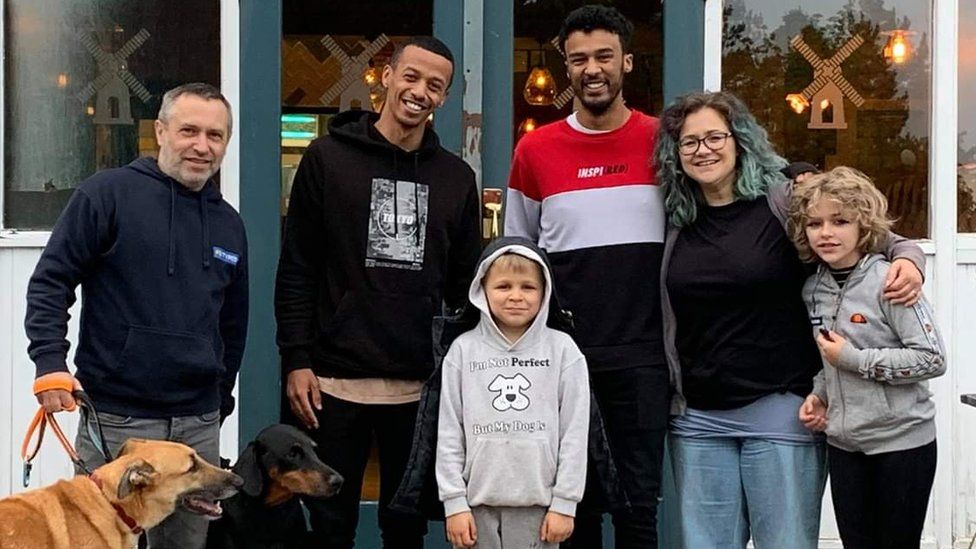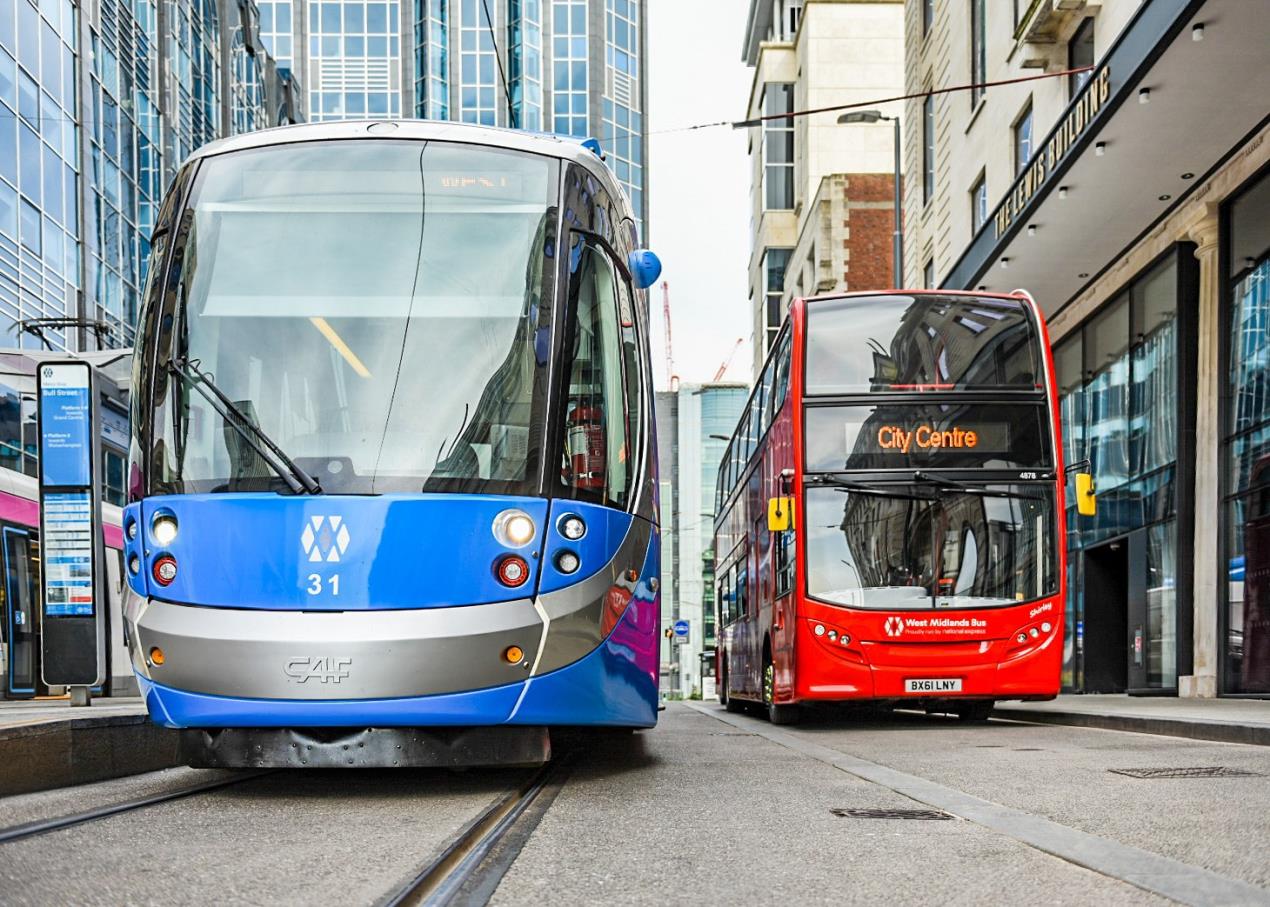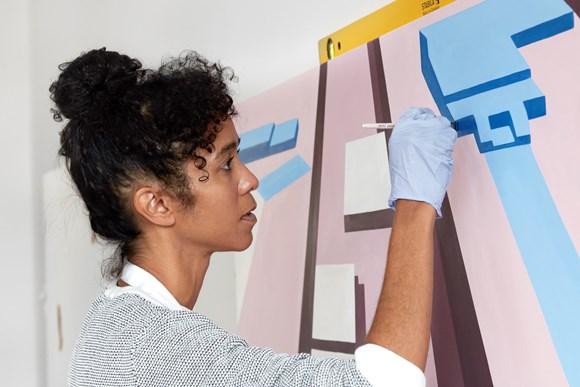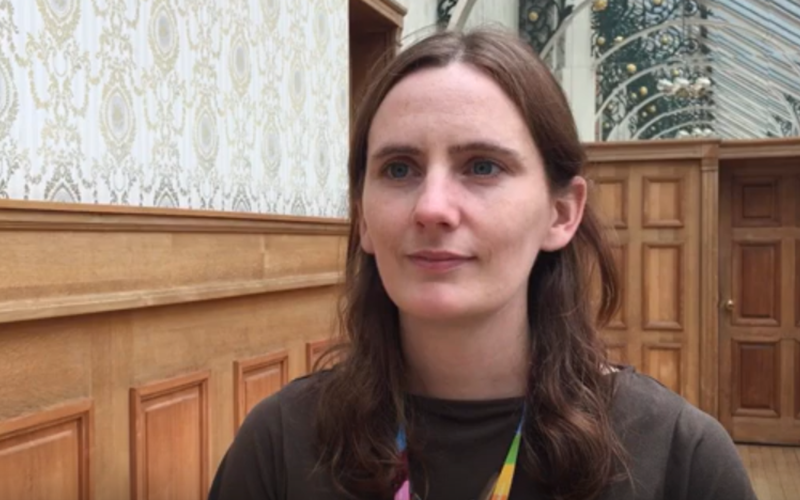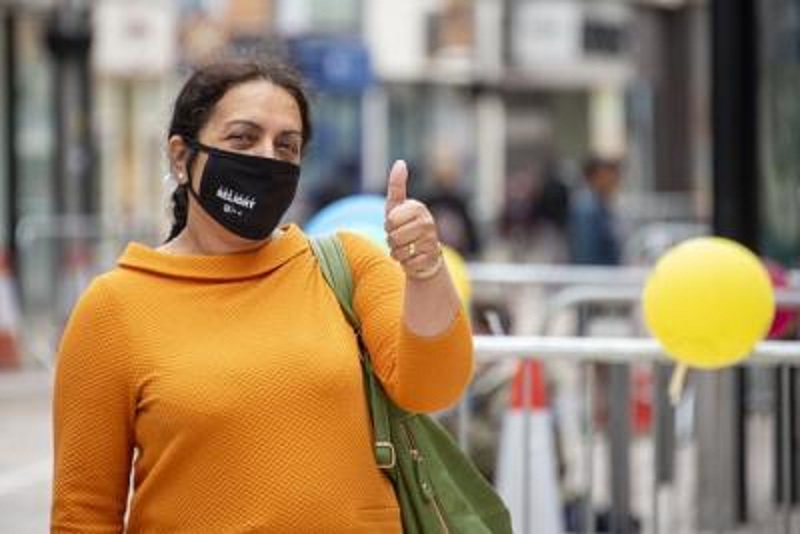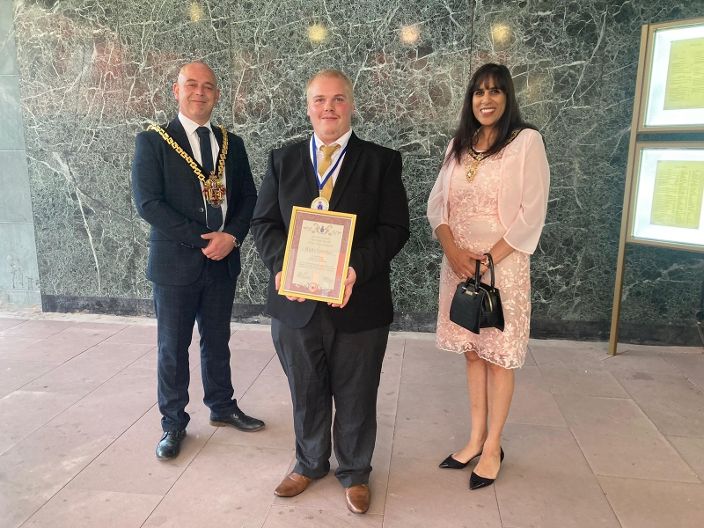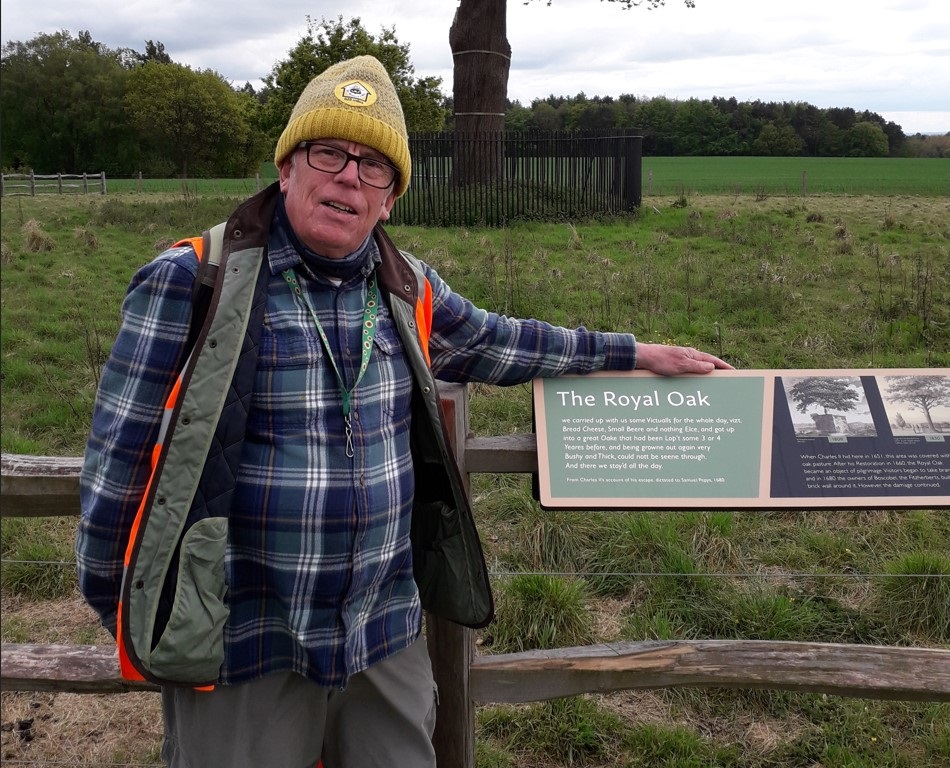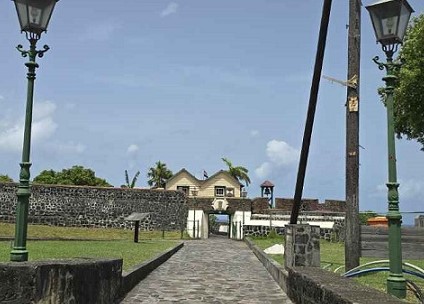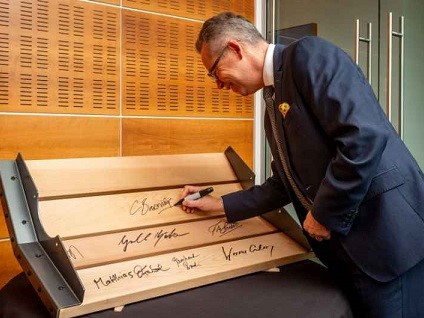New research shows remembrance events, like Sue Ryder’s Walk to Remember, help the public grieve
New research from Sue Ryder, the national healthcare charity, has found that over half of the British public think that remembrance events, such as Sue Ryder’s Walk to Remember, help them grieve.
Over two thirds of the British public admitted to having a special place they visit to remember someone who has died. Interestingly, young people were twice as likely as those aged over 55 to have a special place.
Sue Ryder is calling on all the Great British public to organise a Walk to Remember either alone or with friends and family to visit their special place and to celebrate the life of the person that died whilst raising money for Sue Ryder, the national healthcare charity.
Not only do the public have a special place, but they are visiting on a regular basis. Almost three fifths (57%) visit once a month and 95% of people will visit their special place at least once a year to remember someone who has died.
There are many reasons why someone may visit a special place to remember someone who has died, but 61% of the British public admit that the biggest reason for visiting is because it made them feel closer to the person. Other reasons included, it helps them grieve (44%), it helps them talk to the person who has died (42%) and it helps them process their emotions (35%).
People’s ‘special places’ can vary but the top five places people go to remember someone who has died are:
1. The person’s grave (39%)
2. Where the person’s ashes were scattered (23%)
3. The countryside (16%)
4. A local park (11%)
5. The person’s favourite pub or restaurant (9%)
Sue Ryder is encouraging the public to get involved in Walk to Remember to raise vital funds for the charity, whilst also encouraging supporters to take the time to remember someone who has died. The Walk to Remember event asks the public to sign up to walk 5k, 10k or any distance they can manage, and encourages people to create a route that incorporates their ‘special place’ – wherever that may be.
The money raised by taking part in Walk to Remember will go directly towards Sue Ryder’s vital end of life, bereavement and neurological support.
Bianca Neumann, Head of Bereavement at Sue Ryder, said: "We all deal with grief in very different ways. Some of us may want to remember someone who has died on our own at a special place, while others may take comfort in being with other people.
"Walk to Remember is a great fundraising event that allows supporters to walk in memory of someone who has died and do what works for them and their own personal journey through grief, whilst raising vital funds for Sue Ryder."
Geoff Hurst, former England footballer, World Cup winner and Sue Ryder Ambassador, said: "Sue Ryder is a cause that is close to my heart. My daughter was cared for in her final days at one of Sue Ryder’s hospices in 2010. The compassionate care she received meant an awful lot to me and my family.
"Sue Ryder does fantastic work, being there for families like mine. However, it remains reliant on donations to ensure it can keep offering expert care."
Caroline Graham, Director of Fundraising at Sue Ryder, said: “Due to the coronavirus pandemic, many people have had to grieve alone this year. Walk to Remember is an incredibly special fundraising event that allows supporters to raise vital funds, whilst also helping us grieve by coming together and talking about our loved ones who are no longer with us.
“The money raised by taking part in Walk to Remember will enable us to continue to provide compassionate and expert end of life, bereavement and neurological support.”
Sue Ryder supports people through the most difficult times of their lives. Whether that’s a terminal illness, the loss of a loved one or a neurological condition – we’re there when it matters. For over 65 years our doctors, nurses and carers have given people the compassion and expert care they need to help them live the best life they possibly can.
To sign up to the Walk to Remember, visit sueryder.org/walktoremember



